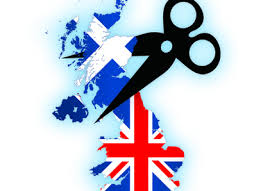
Polling One-off Events: How reliable are the polls on Scottish independence?
The 24th of March 2016 could be Scotland’s Independence Day if Scots vote ‘Yes’ in next September’s referendum. However, the skirling of bagpipes to herald the birth of a new nation can barely be heard in the far distance. The most recent poll shows the ‘Yes’ campaign continuing to trail the ‘Better Together’ campaign by 9%, with 38% of voters intending to vote ‘Yes’, 47% inclined to vote ‘No’ and 15% undecided. With almost half of voters remaining in the ‘No’ camp, the future of the union looks secure. However, demographic complexities behind this once-in-a-generation referendum may make standard polling techniques unreliable.
The left-wing Radical Independence movement has presented the referendum as a ‘class conflict’ in which the rich promoted a ‘no’ vote to maintain their privilege. In reality, the battle lines are less clearly drawn. Research conducted by the eminent psephologist, Professor John Curtice, found that middle class people needed more reassurance than their working class compatriots that independence would not have an adverse effect on the country’s economy. However, if citizens could be guaranteed that they would be £500 a year richer under independence, the results would be turned on their head. If the ‘Yes’ campaign can make a better economic case for independence, or if fear of the UK leaving the EU becomes real, the economic calculus may change.









